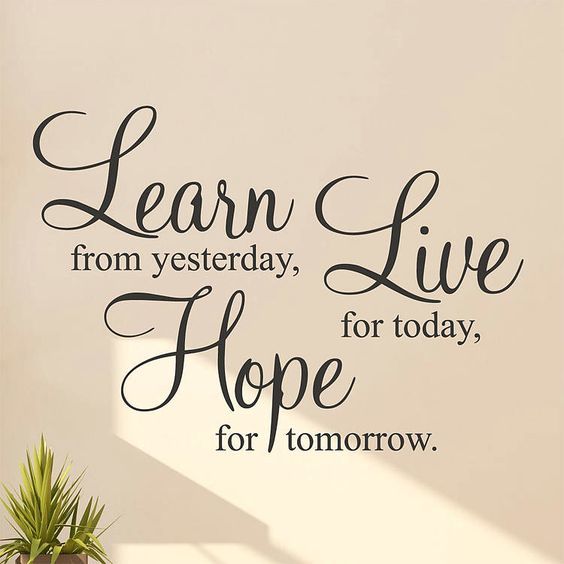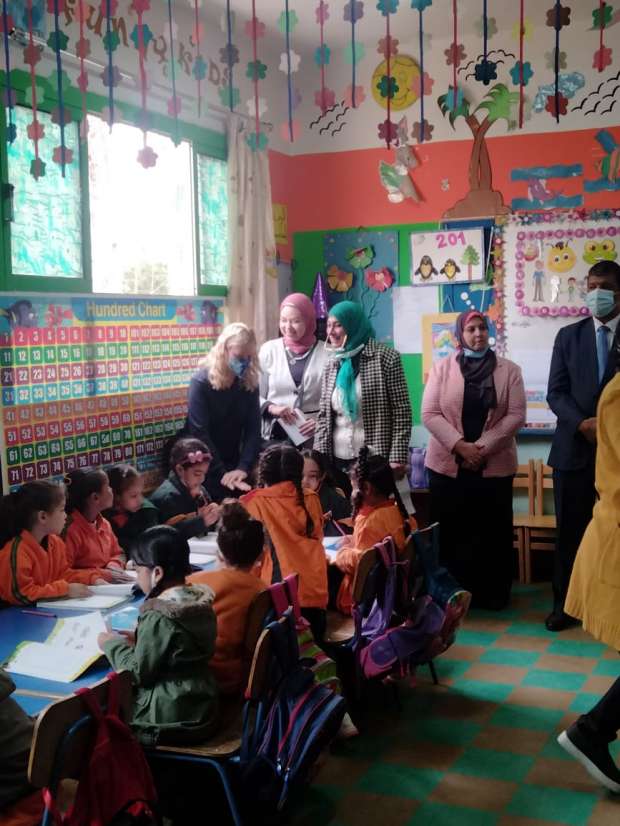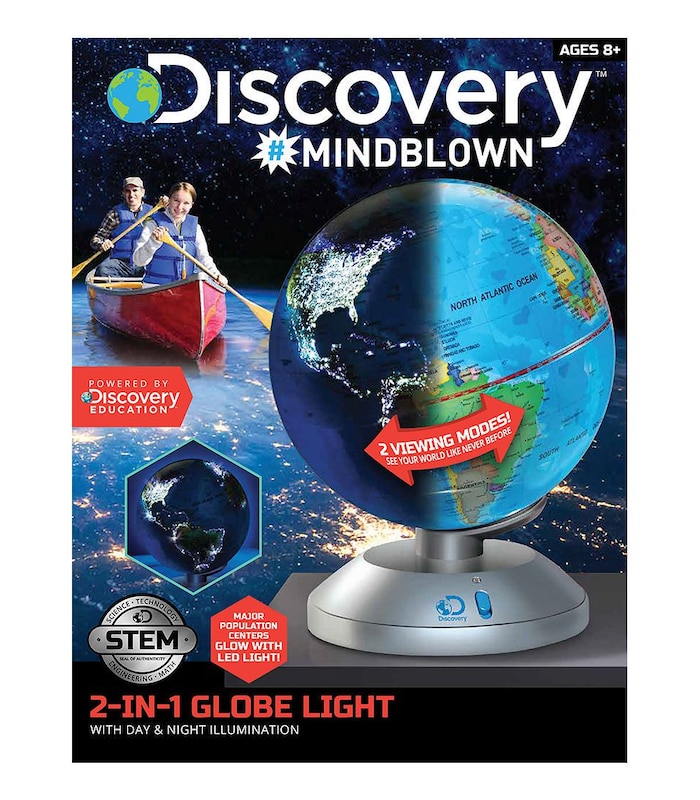
Translate This Page
and not for evil, to give you a future and a hope.”—Jeremiah 29:11
Dear visitor,
الذى فى الاعلى
Definition:
The Discovery Learning Method is a

“While YouTube and other websites
are chock full of
content, the teachers I work with report that finding
really high-quality, standards-aligned content they can
quickly
integrate into instruction is difficult.
Discovery Education makes that process of finding
digital resources that are both engaging and
appropriate for classroom use simple, saving my
teachers a tremendous
amount of time that can then
spend with their students.”
What Is Discovery Learning?
To
explain what discovery learning is, it helps to pinpoint its
opposite:
direct instruction. In direct instruction, teachers
lecture students in a
classroom, giving them the information
they need to know about a topic.
On the other hand, Discovery learning is an approach
to education in which students learn the material
from their interests, experiences, and exploration.
This
is opposed to the idea of direct instruction which is
the traditional
method of teaching. Direct instruction
involves teachers giving students
specific discrete facts
or learning objectives instead.
Discovery Education Programs
1-Science
Discovery Education Science is a comprehensive,
research-backed, three-dimensional science program
that
combines digital-first learning resources with
high-quality, standards-aligned content to spark
curiosity and drive active engagement
in science.
Virtual and hands-on investigations enhance the
delivery of impactful, blended instruction, in person
or at a distance.
Explore curated collections of exclusive, science-themed
content through channels such as World Wildlife
Fund, Science Channel, Animal
Planet,
Guy Harvey Ocean Foundation, National Science
Foundation, and 3M Young Scientist Lab.
2-Social Studies
Discovery Education Social Studies is a standards-
aligned, core-curricular solution that uses an inquiry-
based
approach to enhance history, geography, civics
and government courses
with literacy, critical thinking,
and citizenship skills for all students.
From stories of ancient cultures to current events,
find
hundreds of primary sources, interactive maps,
and exclusive videos to
take concepts off the pages
and bring social studies lessons to life.
Keep students connected to both historical and current
events as well
as social justice issues with engaging
content collections such
as Newsy, CheddarK-12,
Teaching Tolerance, BESE, Speak Truth to
Power,
Common Sense Education, and the powerful Dissent,
Equity and Inspiring Change channel.
3-Professional Learning
Discovery Education provides a range of learning
opportunities for teachers to incorporate its products
across all subjects and grade levels—equitably and
with great impact.
Maximize digital resources with step-by-step guides,
interactive courses and live events, and if you want to
go deeper, we’ll work with you to coordinate more
in-depth, tailored professional learning experiences.
Discovery Education elevates professional learning
for all educators
with a comprehensive Professional
Learning Center resource collection, containing
dedicated Teacher Support and Instructional
Leader channels, Help Center guides, and research-
based instructional strategies to reach all learners.
Additionally, our all-new English Language Learner
Center provides targeted support for engaging ELL
in all learning environments.

Applicability:
In discovery learning, the
learner uses
his own experience and prior knowledge
to discover the truths that are to be
learned.
The learner constructs his own knowledge
by experimenting with a domain, and
inferring rules from the results of
these
experiments.
In addition to domain information the
learner need some support in choosing
and interpreting the information to build
his knowledge base.

What Are the Types of Discovery
Learning?
1. Pure Discovery Learning
Pure
discovery learning is characterized by the techniques
used.
Essentially, these are techniques that include no
direct assistance at
all, other than the encouragement
given to learners by the teacher.
This
type of discovery learning is passive and can be
compared to the type of learning that takes place when
you go on a family trip and tour a
museum. You basically
stand around and absorb what you can from a
variety of
methods such as reading the information, viewing pictures,
and observing demonstrations.
However, you learn primarily by paying attention to what
is going on around you. So, in pure discovery
learning,
students have to discover the rules and concepts on
their own, with little to no assistance from a teacher.
A
teacher merely provides a problem to the learners
that they have not
seen before. The teacher can then
encourage them to work toward solving
the problem on
their own. They will do that with no explanation of how
to
solve the problem.
2. Expositional Discovery Learning
Expositional
discovery is not a passive method where
students are simply listening
or reading; rather,
expositional discovery involves hands-on activities
such as conducting an experiment to test a hypothesis
or building a
model to test an idea. However, with
maximal help from the teacher.
The
teacher provides learners with some initial knowledge,
then through a
structured activity enables them to come to
an understanding of a related principle.
In
this type of learning, the instructor determines the
procedures that
should be followed to arrive at the solution
of a problem. The
expositional approach is often called
expository teaching.
Generally, this type of learning is similar to Direct Instruction
because the
students or learners will eventually not make
any discovery themselves.
The teacher helps them with all
they need and even what they will learn
in the end.
Therefore, students have no or little discovery to make.
3. Guided Discovery Learning
Guided Discovery Learning which is also known as directed
discovery, is a type
of learning where the teacher guides
the students to solve problems,
complete tasks, and make
meaningful associations. The teacher provides
clues and
information, but the learner makes discoveries on their own.
Guided
discovery learning focuses on the process of
problem-solving with the teacher acting in a supportive role.
This type of learning is often used
in advanced placement
courses that focus on authentic learning, such as
AP
physics or AP literature.
The teacher may point out specific
details that students
may not have noticed on their own. For example,
the
teacher might ask, “What’s different in this picture than
in the previous one?” Or they might say, “Look at the
title of these books. What do you imagine they’re about?”
In my opinion, it is a worthwhile method of achieving your
goals in teaching and learning,
especially if you are
embarking on this path for the first time. Guided Discovery
provides you with more structure rather than using Trial
and Error.
What Are the Benefits of Discovery
Learning?
1. Increases engagement
Discovery learning is a way to engage this curiosity in the
classroom, and let
children explore on their own. Instead
of giving them the answers, you
give them problems, and
let them work out the solutions. It’s an
effective way to
help kids learn math and other subjects.
Have
your students talk through their approaches to
equations, discuss their previous knowledge, and use
it to solve problems (instead of telling
them how). Even
better, make math a communal activity. Making math
social enhances engagement and motivation while
completing mathematical activities and projects.
When working in groups, however, the possibility of a
single student dominating the debate cannot be discounted.
Using a pedagogical strategy known as “complex education,” you
may both correct this inequity and guarantee that your
classroom reaps the benefits of group work.
2. Promotes autonomy and
independence
One
of the main benefits of discovery learning is that it
allows students
to have a greater role in their own
education. Through discovery
learning, students
become more independent and self-motivated.
Discovery learning also encourages your students
to think critically.
This keeps them further engaged and encourages them.
It is their
responsibility to master each level before
moving forward. To engage in problem-solving, even
when working in groups or participating in math
talks,
students must first think independently and creatively.
They
must take information from multiple sources and
formulate conclusions
based on their findings. With
practice, the skills learned through
discovery learning
can translate into a student’s personal life and
professional career.
3. It motivates students to learn
Discovery learning through hands-on projects offers a
way to motivate students
from the very start, with active
learning that is exciting, challenging
and encourages
deeper levels of learning.
The best part? Since
students have an interest in the
subject matter from the start, it’s
easier for instructors to
reengage and motivate students in the lesson
when
distractions arise.
Students receive encouragement to learn
about and
explore the world around them. Since discovery learning
is
self-paced, your students can advance only when they
are ready.
With this type of learning, students can take an active
role in their
education and gain knowledge via direct
experiences, reflection, and
interaction with their
classmates.
4. Increases levels of retention
Discovery
Learning is based on the idea that if students
can come up with an
answer by themselves, they will be
more likely to remember it for a
longer period than if they
were taught the information by their teacher.
Unlike
other types of learning that are rooted in
memorization, discovery
learning is a learner-centered
approach that allows people to explore
new ways of
thinking and truly discover the meaning of the subject
they’re learning in order to reach the desired outcome
all by themselves.
Though this process takes considerably longer than if the
teacher were simply to tell the students the answers and
ask them to
commit these to memory. But the long-term
retention is much greater with discovery learning.
5. Generates life-long results
The
Discovery Learning model creates life-long results.
Your students will
learn at their own pace with plenty of
hands-on and project-based
activities, keeping them
engaged and excited to come back for more.
This
model is especially effective in science, overall
knowledge of the
world, and life-long learning. With
this method, students learn by doing. By allowing them
to explore concepts, they can develop a deeper
understanding of content without the teacher forcing
them to do repetitive drills or work at an arbitrary pace.
The best part?
You get to see the growth over time and
watch your students actually apply what they’ve learned.









